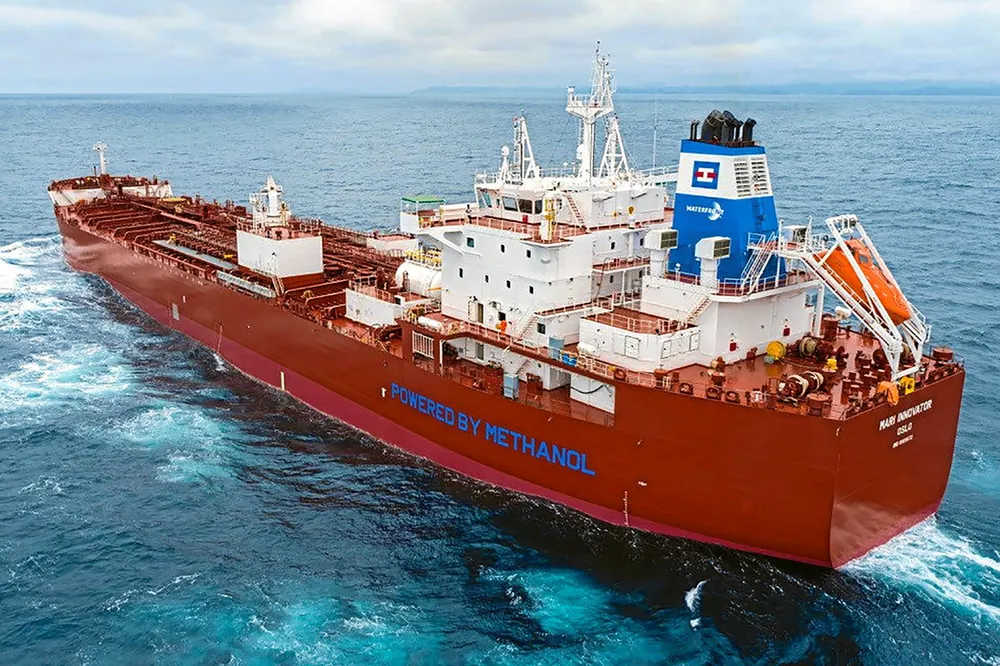Hydrogen shipping | 'You won't be able to source enough green methanol for your dual-fuel engines'
Such vessels will end up just burning diesel instead, InterContinental boss warns market players considering following in the footsteps of Maersk, which has ordered 12 methanol-ready ships
